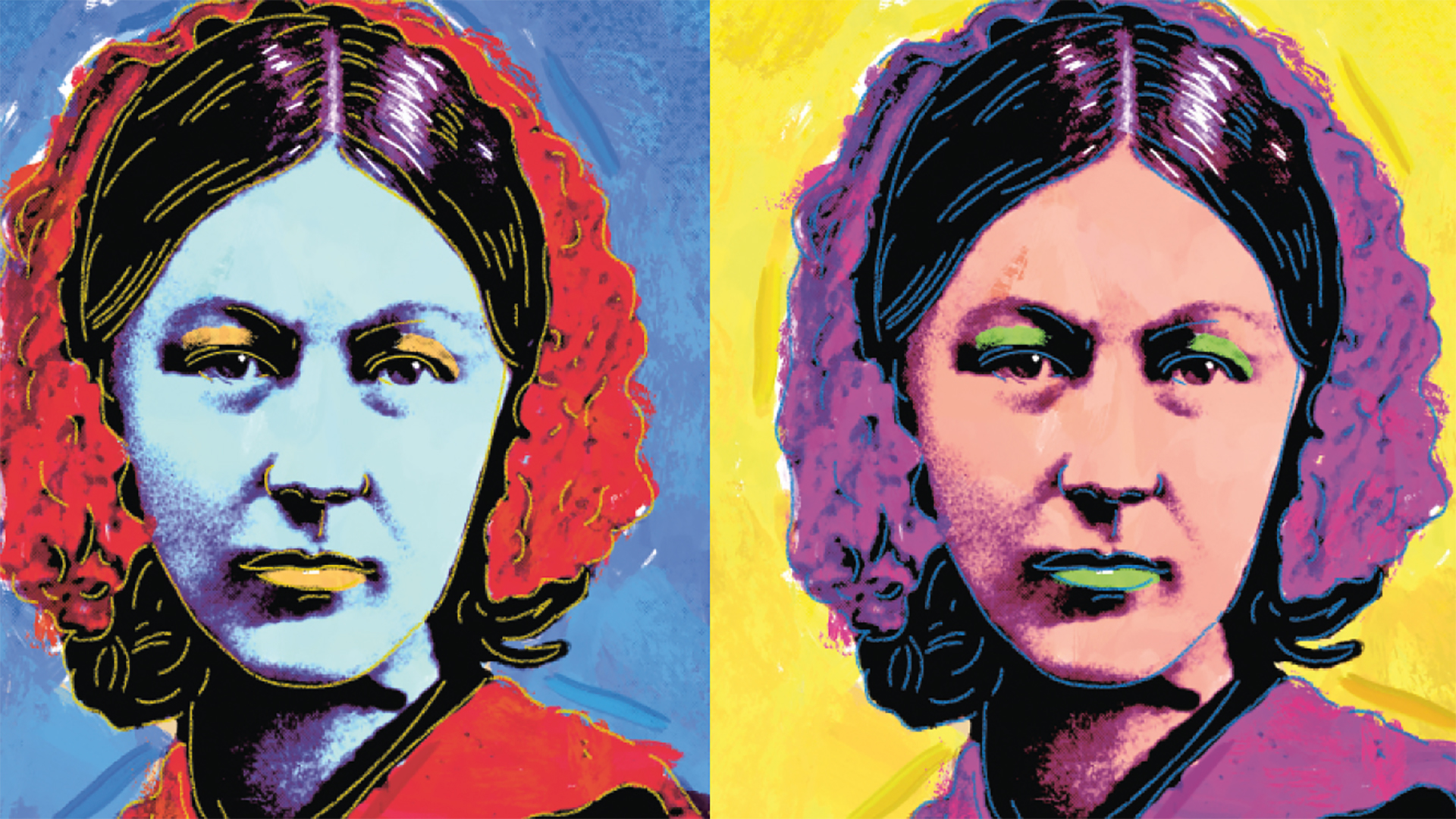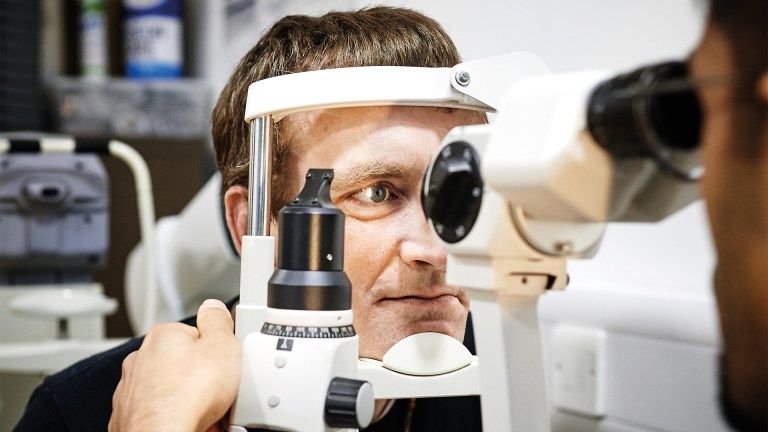Most people have an image of Florence Nightingale as the lady with the lamp who had something to do with the Crimean War, and that’s about all they know. Yes, they think of her as being a very hands-on nurse but that career was cut short by illness that she caught when she was in Scutari hospital in Turkey. When she came back she had both physical and mental health problems. At that point began 50 years of campaigning on a whole variety of health issues. Her push for better hygiene started at Scutari and as a statistician she made sure people started to use data and evidence-based nursing. Both have a very relevant legacy now.
Nightingale came from a very privileged background. Victorian ladies were expected to get married then run the home for their husband, and hopefully move up the social chain. But just before her 17th birthday Nightingale had a call from God, she should do something more useful in life.
When she started to show interest in nursing her parents were shocked. At that time nursing wasn’t really a profession and because of the nature of it, touching people’s bodies, a nurse had the same social status as a sex worker.
Usually in war you expect to have a military hero who comes to the fore. That didn’t happen in Crimea. There wasn’t a political hero so the media really latched on to this nurse being out there
Her parents decided to deal with it by sending her off travelling and she only ended up going to the Crimea because she met Sidney Herbert in Egypt and he later became war minister. The Crimean War was going so badly he had this idea to send out some nurses to make good news story.
When Nightingale arrived at Scutari, it was filthy, rat-infested, there was cholera (largely caused by a dead horse in the well). She began a mass clear-up but the army doctors did not want her there. They thought it no place for a woman, so she waited until they were in bed and walked around at night so she could actually get her job done, hence the image of the lady with the lamp starting to emerge. That’s the bit that sticks in people’s memory, whereas campaigns for people to have sanitation is just a little bit less sexy.
The actual conditions she would have seen would have been horrific. Coming from a privileged family with maids, Nightingale notes that before she went to the Crimea she hadn’t really brushed her own hair. Not only does she get what’s now thought to be brucellosis, a disease you catch from unpasteurised dairy products, but she catches lice, and has all her hair shaved off. Her determination meant she refuses to be invalided back home until she’s done her bit. She’s so driven she stays until the last soldier leaves.






